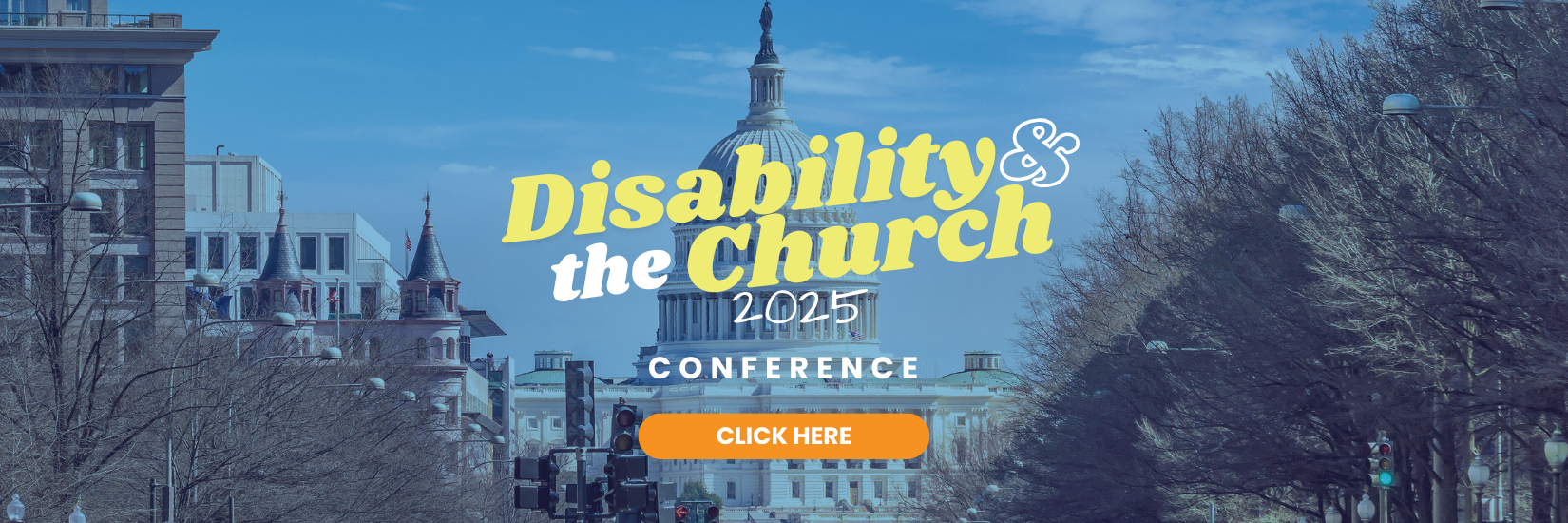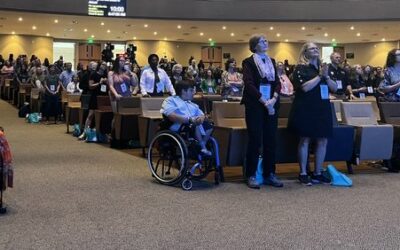I first suspected I had ADHD as a teenager, but finding the right professional to take me seriously was much harder than I expected. Previous attempts only ended in frustration and tears.
A few years ago, I met with a doctor to seek a diagnosis for ADHD. Toward the end of the appointment, the psychiatrist made dismissive comments and, to make matters worse, prescribed medications we hadn’t even discussed—medications unsafe while I was nursing my son. I was angry, confused, and frustrated that I couldn’t get clarity about something I knew to be true. I was angry at God for allowing me to feel so unseen. Little did I know that my children’s diagnoses would eventually lead to my own, giving me the answers I’d been seeking for years.
My son already had a diagnosis, but we pursued a new evaluation at the same time as my daughter. My mother pointed out I shared a lot of the same behaviors as my children. I asked if they might evaluate me as well. For the first time, I felt like a professional truly wanted to help.
She confirmed what I suspected: I met the criteria for ADHD, but she also told me that I was autistic. That moment brought so much relief—years of confusion and self-doubt were finally cleared up.

As parents, it’s easy to get lost in supporting our children’s needs, but that journey can also help us learn about ourselves. In parenting my children, I saw a window into my own neurodivergence. Understanding their diagnoses helped me recognize parallels in my own experiences—things I had dismissed or attributed to cultural differences between my Indian family and my American peers.
The meltdowns, sensory overloads, hyperfixation, and even struggles with social cues and time management were all things I had coped with my whole life. But my parents never considered they were signs of something deeper. Our understanding of autism—especially in girls and women—is so different today than it was in the ’80s and ’90s.
Fluctuating capacity and skill regression aren’t just things neurodivergent children experience. As adults, we face them too. There are days when tasks feel manageable, and other days those same tasks feel impossibly difficult. I often wondered why I couldn’t be as consistent as others.
Through this process, I’ve realized these fluctuations don’t change who I am—they’re part of the journey of being human, of being who God called me to be. I’ve learned that I need different support—and that it’s okay to ask for it.
One of the most profound aspects of this journey has been realizing God has been in this story all along.
Long before I suspected I was autistic or had ADHD, He knew. He knew when I struggled with friendships, when I felt overwhelmed in college, and when I burned out at work. When I became a Christian, He was there, guiding me toward greater understanding and compassion for myself.
I only sought my own evaluation because God gave me incredible children. Through them, He gave me a new understanding of myself. It’s a beautiful gift—to realize the tenderness I feel for my children is a glimpse of God’s tenderness toward me. Knowing God has always fully seen me, even when I didn’t understand myself, brings me to tears.
A diagnosis, whether for ourselves or our children, doesn’t change who we are. It opens doors to understanding, self-compassion, and growth. For me, it’s been a chance to align more deeply with God’s calling for my life, knowing He formed me, He saw me, and He’s been with me all along. Through this process, I’ve come to embrace not only my children’s neurodivergence but also my own, with gratitude for this journey.
When our kids received their diagnoses, we reminded our loved ones that nothing about our children had changed. The diagnosis didn’t change who they are, but they did give us an opportunity to understand and support them in ways that will help them thrive.
The same is true for adults: a diagnosis doesn’t change who we are, but it can transform how we approach our lives and faith.
Sunita Theiss is an Indian American poet and writer in Georgia. Following her children’s diagnoses, she pursued and received autism and ADHD diagnoses herself. After more than a decade working in marketing and communications, Sunita has intentionally made a downshift in her career, which allows her the flexibility and freedom to be more hands-on with her family and homeschool her children. Her writing has been featured in Christianity Today, In Touch, Business Insider’s Parenting section, and more. You can read more of her work at sunitatheiss.com.
Sunita’s Links:






